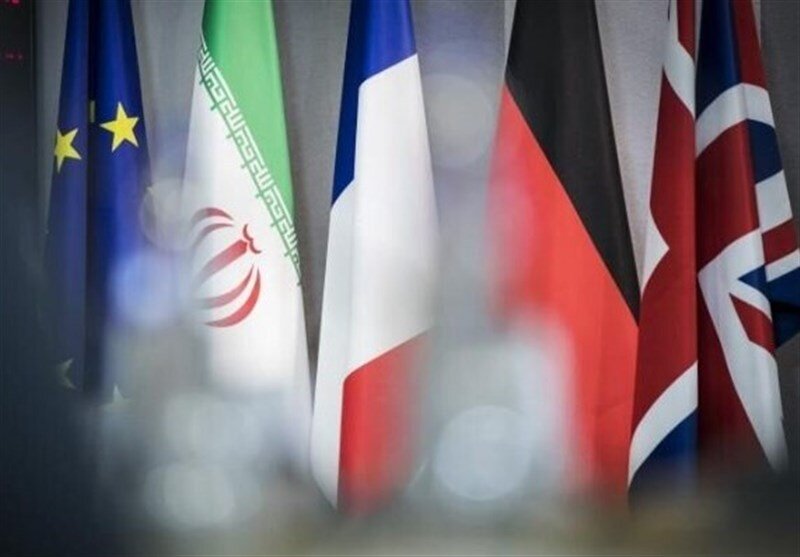Iranian media says Tehran, E3 set for Geneva nuclear talks on Tuesday

TEHRAN – Iran is scheduled to resume nuclear negotiations with Germany, France, and the United Kingdom in Geneva on Tuesday, with discussions centered on nuclear issues and the termination of sanctions, according to a report by Tasnim News Agency.
The report claimed Majid Takht-Ravanchi will lead the Iranian negotiating team, while the three European powers – commonly referred to as the E3 – will also be represented by their deputy foreign ministers. The agenda will primarily focus on nuclear matters as well as Iran’s demand for the removal of sanctions, which Tehran insists remain the key obstacle to progress.
The talks follow a joint telephone conversation on Friday between Iranian Foreign Minister Abbas Araghchi and the foreign ministers of the E3, joined by the European Union’s High Representative for Foreign Affairs and Security Policy.
In that exchange, Araghchi laid out Iran’s position on the controversial snapback mechanism, a clause within the 2015 Joint Comprehensive Plan of Action (JCPOA) that allows for the swift reinstatement of United Nations sanctions if Iran is judged to be in violation of the deal. He stressed that the mechanism lacks legal and moral validity, particularly in the aftermath of heavy US-Israeli attacks on Iran’s nuclear sites, and warned the European side of the serious consequences should they attempt to invoke it.
The E3 and the EU High Representative, however, reiterated Europe’s commitment to diplomacy and emphasized their willingness to seek a negotiated solution. Both sides agreed that follow-up discussions would take place in Geneva on Tuesday at the deputy foreign minister level.
The snapback mechanism has long been a point of contention between Iran and its Western counterparts. Originally included in the JCPOA to reassure parties that sanctions could be swiftly restored if Tehran violated its commitments, the mechanism has since been challenged by Iran as illegitimate.
Tehran argues that after the U.S. withdrawal from the JCPOA in 2018, Washington forfeited any right to trigger the mechanism. Iran further contends that the European parties have no legal standing to employ snapback measures, especially in light of their actions during the recent 12-Day War in June, when the UK, France, and Germany sided with Israel and the United States in operations targeting Iranian nuclear, military, and civilian infrastructure.
Iran maintains that any attempt to activate snapback sanctions would effectively nullify the JCPOA and undermine what remains of the deal. Officials in Tehran have repeatedly said that the agreement cannot survive under the constant threat of sanctions, stressing instead that a sustainable path forward must involve lifting economic restrictions and honoring the commitments made in 2015.
Leave a Comment